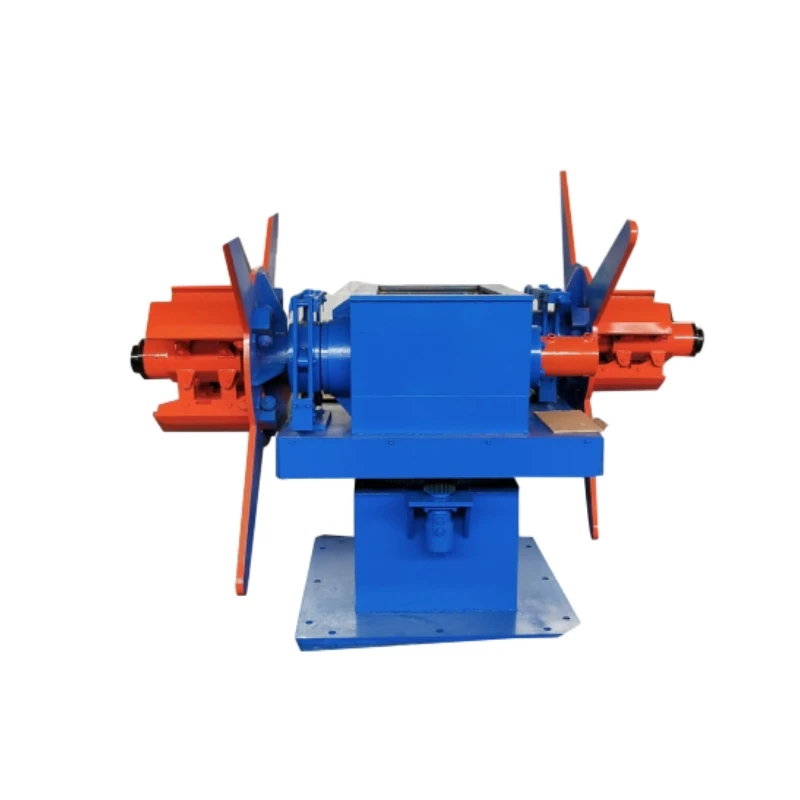Understanding Molds and Plastic Machinery in Modern Manufacturing Processes
The Role of Molds and Plastic Machinery in Modern Manufacturing
In today’s fast-paced manufacturing environment, molds and plastic machinery play a crucial role in producing high-quality plastic components efficiently and cost-effectively. These elements are foundational to the plastic molding process, which has become a pivotal technology in various industries, including automotive, consumer goods, electronics, and medical devices. This article explores the significance of molds and plastic machinery, their types, and their applications in modern manufacturing.
Understanding Molds
Molds are specialized tools used to shape liquid plastic into specific forms by creating a cavity for the material to fit into. They are generally made from durable materials like steel or aluminum, capable of withstanding high pressures and temperatures during the molding process. The design and complexity of molds can vary significantly, depending on the specifications of the final product.
Molds can be classified into several types, including
1. Injection Molds This type is primarily used in injection molding processes, where molten plastic is injected into the mold to create intricate shapes. Injection molds are highly versatile and can produce large volumes of identical parts with high precision.
2. Blow Molds Used for hollow plastic products, blow molds rely on air pressure to form the shape of the item, such as bottles and containers. The blow molding process allows for lightweight and complex designs.
3. Compression Molds These are employed in producing thermoset plastics, where material is placed into a heated mold cavity, and pressure is applied to form the desired shape. This method is ideal for larger components but is generally slower than injection molding.
4. Rotational Molds Used for producing large hollow parts, this method involves the rotation of the mold to distribute the plastic evenly. It is commonly used for items such as kayaks, tanks, and playground equipment.
Plastic Machinery The Drivers of Efficiency
molds & plastic machinery

Complementing the molds, plastic machinery is responsible for various operations in the molding process. Key machinery types include
1. Injection Molding Machines These machines are crucial for the injection molding process. They consist of a hopper for feeding plastic pellets, a barrel with a screw for melting the plastic, and a clamping unit for holding the mold in place during injection. With advancements in technology, modern injection molding machines offer enhanced precision, reduced cycle times, and better energy efficiency.
2. Blow Molding Machines These machines are designed to create hollow products by inflating a heated plastic tube within a mold. Variations of blow molding machines, including stretch blow molding and extrusion blow molding, cater to different product requirements, from thin-walled bottles to robust containers.
3. Extrusion Machines Used in the production of plastic films, sheets, and profiles, extrusion machines melt plastic granules and form them into continuous shapes. This process is essential for producing materials used in packaging, construction, and automotive industries.
4. Robotic Systems Automation technology, including robotic arms, is increasingly integrated into plastic machinery to enhance efficiency in the handling and assembly of molded parts. This automation reduces labor costs and minimizes the risk of defects.
Applications Across Industries
The applications of molds and plastic machinery are vast. In the automotive sector, these technologies are employed to create lightweight components that improve fuel efficiency. In the consumer goods industry, brands utilize plastic molds to manufacture everything from toys to household items with intricate designs and durable properties. Similarly, the medical industry relies on precision molds to produce syringes, medical devices, and packaging that meet stringent regulatory standards.
Conclusion
In conclusion, molds and plastic machinery are indispensable in modern manufacturing. They not only enhance production efficiency and reduce costs but also enable the creation of complex designs and innovative products. As industries continue to evolve, advancements in mold design and plastic machinery technology will play a significant role in shaping the future of manufacturing, making it imperative for companies to stay updated with these developments to remain competitive in the global market.
-
High Frequency Straight Seam Welded Pipe Production Line-BzZhou Xinghua Machinery Equipment Manufacturing Co., LTD.|Precision Welding, High EfficiencyNewsJul.30,2025
-
High Frequency Straight Seam Welded Pipe Production Line|BzZhou Xinghua|Precision Welding&EfficiencyNewsJul.30,2025
-
High Frequency Straight Seam Welded Pipe Production Line - BzZhou Xinghua|Precision Engineering&EfficiencyNewsJul.30,2025
-
High-Frequency Straight Seam Welded Pipe Production Line-BzZhou Xinghua Machinery Equipment Manufacturing Co., LTD.NewsJul.30,2025
-
High-Frequency Straight Seam Welded Pipe Production Line-BzZhou Xinghua Machinery Equipment Manufacturing Co., LTD.|Precision Manufacturing, High EfficiencyNewsJul.30,2025
-
High Frequency Straight Seam Welded Pipe Production Line-BzZhou Xinghua Machinery Equipment Manufacturing Co., LTD.|Precision Steel Pipe Manufacturing&Industrial EfficiencyNewsJul.29,2025


